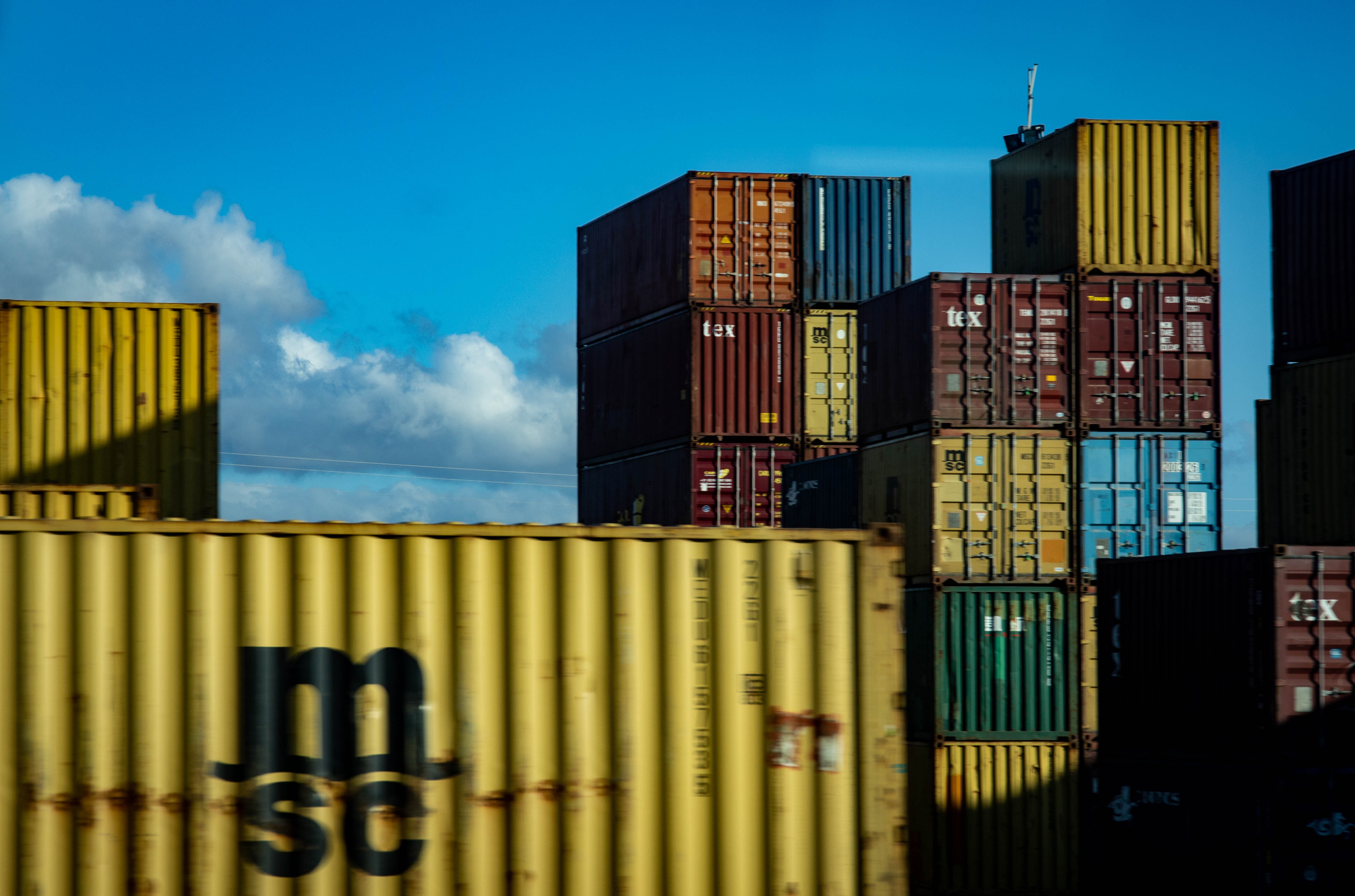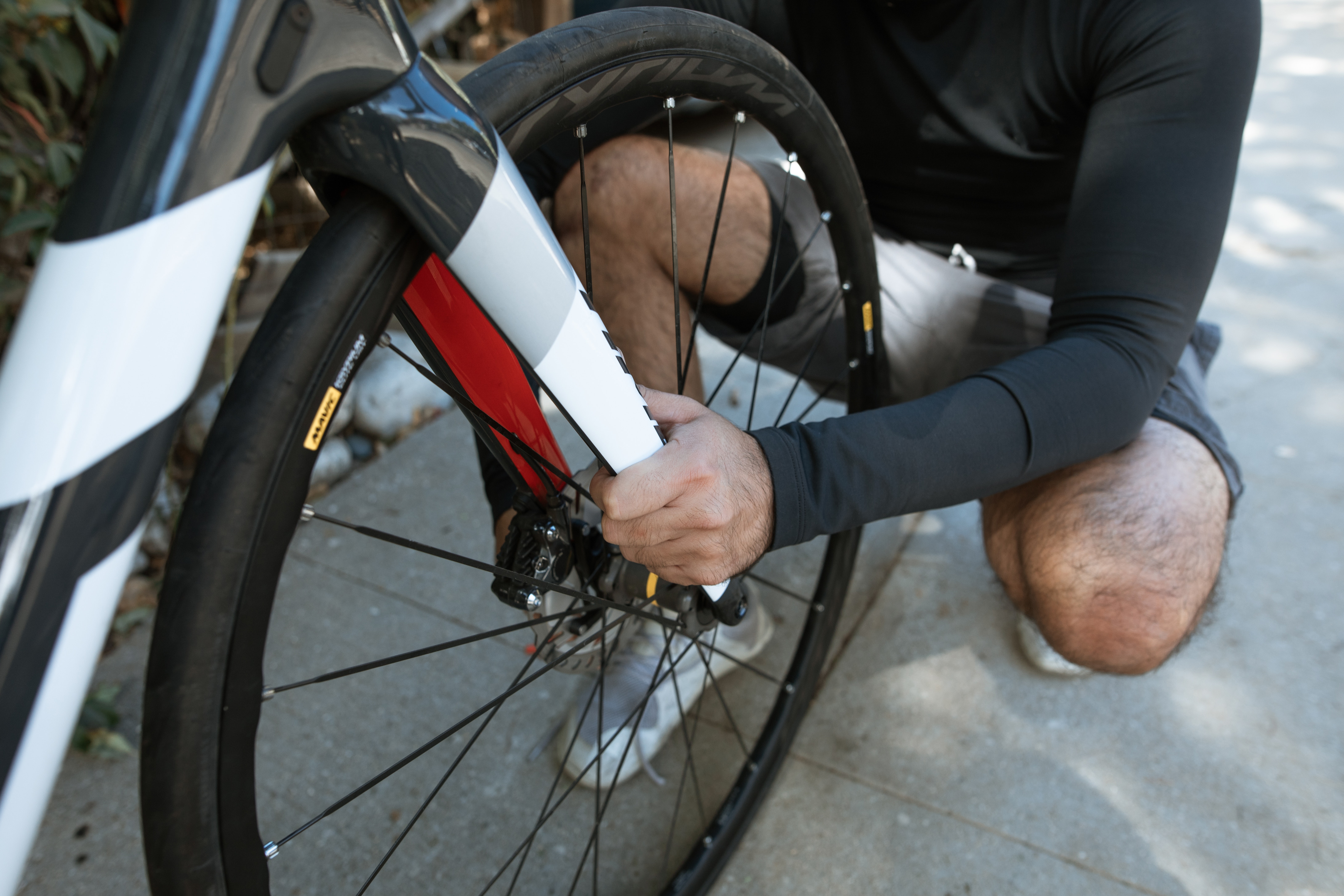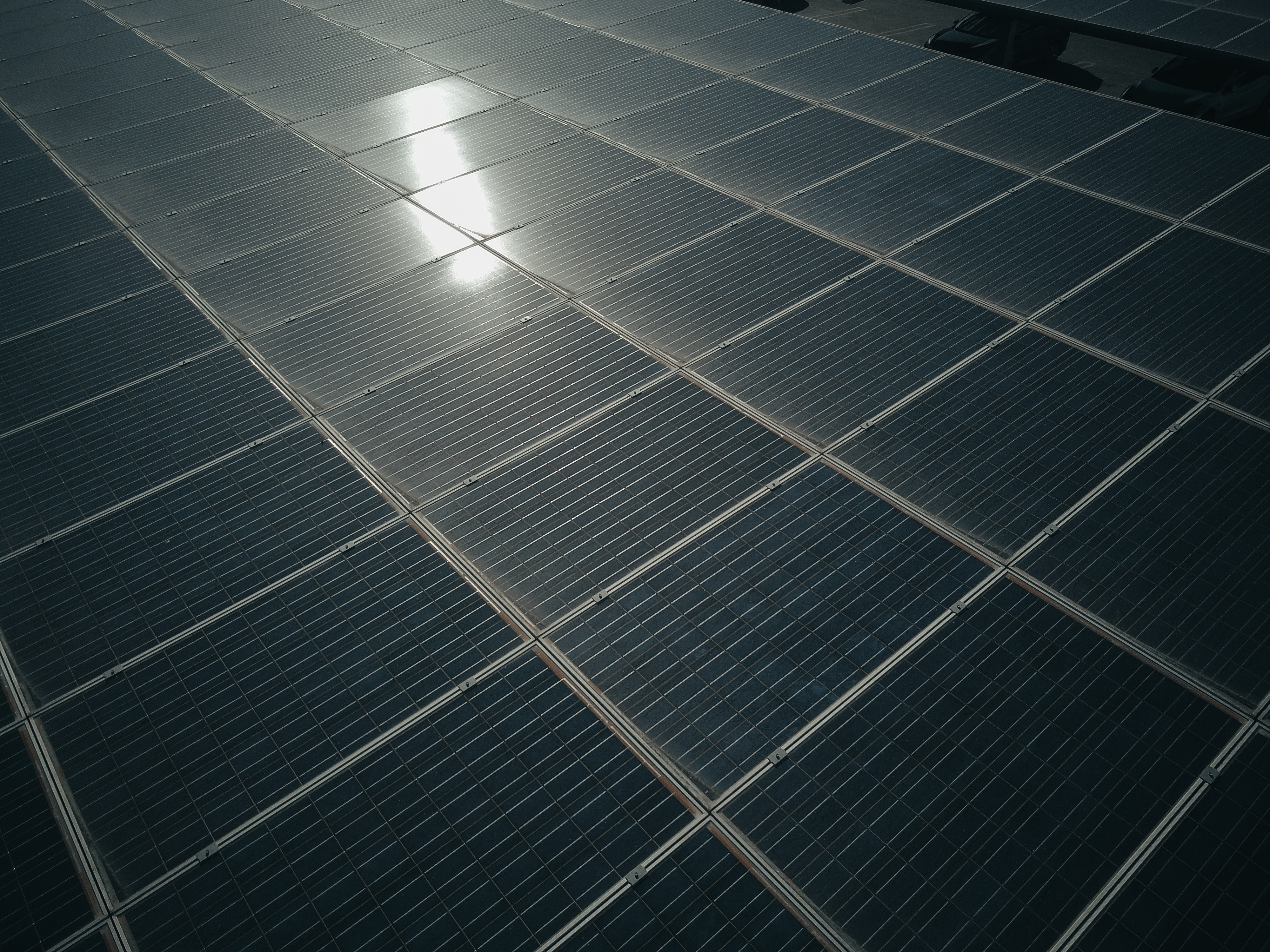The UK is lowering the anti-dumping charges of Chinese electric bike manufacturers. The new tariff will apply to two Chinese manufacturers and will lower the usual rate of 62.1% down to 16.2%. That is a pretty steep increase. You can read a bit more about it here.
Obviously this is pretty great news for companies looking to import e-bikes from China. But that’s something that we should be trying to move away from. Importing bikes from the Chinese market carries a much higher carbon cost, contributes to supply chain issues and still costs more than onshore production.
The bike industry- and the UK- need to move past importing bikes into the country. We have the ability to create a much more environmentally friendly bike industry within the country. This will allow us to build an industry, develop skilled jobs, lower the cost of bikes and make cycling truly green.
Carbon Cost Of Importation
This isn’t going to a surprise to many of you but international shipping is not a green industry. It’s responsible for 1 million metric tons of CO2. This isn’t the first time we’ve mentioned this. Granted all of that CO2 isn’t generated by the bike industry, but some of it is. We’re still on the hook for it.
By lowering the anti-dumping charges of electric bikes being shipped we are essentially being encouraged to import instead of developing industry. At the very least it is making it more difficult to reshore.
It’s not just the shipping industry that increases the carbon cost of these imports though. Off shore manufacture means that you have less control over the manufacturing process. That means you aren’t able to ensure the use of green energy to produce a green product.
China is still the leading producer of CO2 emissions due to heavy reliance on fossil fuels. The bulk of bikes that come out of China will be created using polluting energy sources. Onshore production can operate within greener, even carbon neutral facilities a lot more. Although we feel it’s important to say onshore manufacture isn’t necessarily following best ecological practice either.
Offshore supply Chain Problems
One of the big reasons a shift to the reshoring industry became popular is because of the world’s supply chain issues. While these problems have been alleviated, they aren’t gone. The underlying causes of the supply chain problems still exist.
With the bulk of the worlds bikes coming from China, producers couldn’t keep up with the demand. This problem was compounded by lower staff levels and difficulties at customs and ports. The main issue is still the same though.
Offshore production is too centralised. If one area is producing most of the worlds bikes then they are dealing with all of the demand. By spreading production out to more local areas those areas are better able to handle the demand.
If 50 factories were managing all of the demand for the UK and USA they have to keep up with both. However 35 factories in the US and 15 in UK would be dealing mostly with their own demand. 35 factories would deal with higher demand in one location and 15 would deal with the lower demand in the other.
This is before factoring in the extra steps required with offshore production. More companies, more borders, more custom checks. Each new cog is a new point that can get clogged up. By streamlining the production and delivery process as much as possible you safeguard against problems.
Lower Anti-Dumping Charges Don’t Make Importing More Cost Effective
Anti-dumping charges on electric bikes from two Chinese suppliers were lowered to 16.2%. Which again is great news if you are importing from them. But that doesn’t mean the total cost of importing dropped to 16.2%. Total combined duty will drop significantly from 79.3% to 33.4%. That’s still quite the saving on imports.
Why spend any of that though? While the production cost of domestically produced bikes is higher than those produced in China, at least right now, you don’t need to worry about import charges.
If you import £10,000 pounds worth of bikes at these rates it would be £13,340 with anti-dump charges and countervailing duties. With a reshored industry for bike production though you can cut out those charges entirely.
Now that doesn’t mean it works out cheaper automatically. You very well might be spending more for domestic production, especially after these reductions. However you will also be lowering your carbon footprint and benefitting from a more stable supply chain. Beyond that you will have greater security in future price changes. Again streamlining a system safeguards against problems by reducing the amount that can occur.



